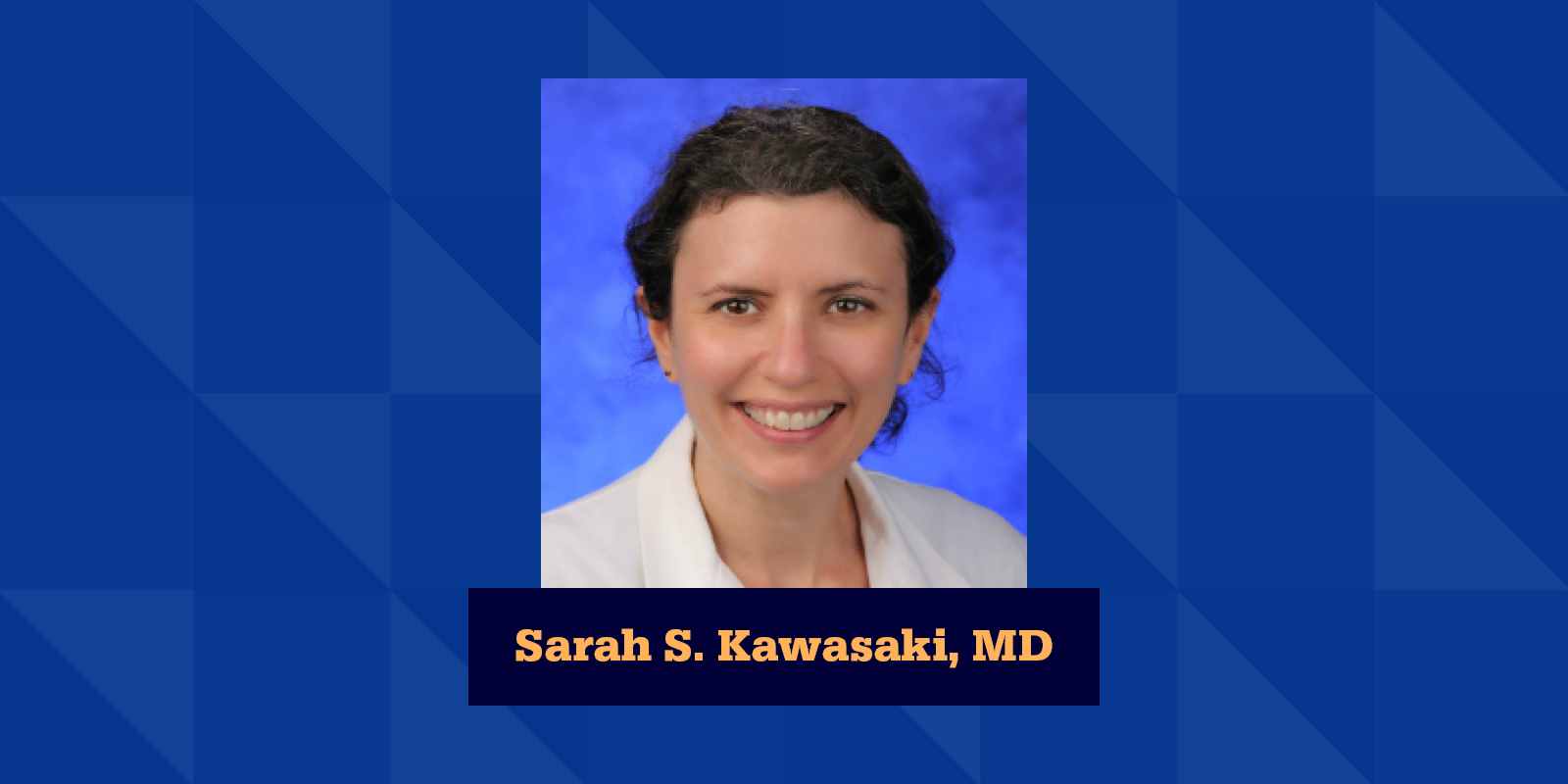Mental health and substance abuse, though not always co-occurring, are often linked together. “Mental health and substance use disorders are independent, but frequently overlap. 15-20% of those with a mental illness will also have a substance use disorder, where 60-70% of those with a substance use disorder will have a co-occurring mental health disorder” explains Sarah Kawasaki, MD, Director of Addiction Services at Pennsylvania Psychiatric Institute (PPI) and an associate professor for the Department of Psychiatry and Behavioral Health and Internal Medicine and the Division Director of Addiction Services at Penn State Health.
Dr. Kawasaki has been treating those with substance use disorders at PPI for the past seven years, since being hired to head Advancement In Recovery (AIR), an opioid treatment program that interfaces with psychiatrists, as well as works through challenges and opportunities for growth and improvement. On occasion, she provides education for PPI faculty and staff on these disorders and the individuals that may need help.
Dr. Kawasaki helped destigmatize addiction medicine, increasing the ability for patients to get the treatment they need. “When I was hired to open the opioid treatment program, we were able to change the culture on addiction treatment at Penn State. Initially, the excuse was that there was no place to send the patients, which changed when this clinic was opened. We created a consultation liaison team at the main hospital and emergency department to start recovery treatments for the patients they saw there. Because of this we can treat patients all over central Pennsylvania.”
Previously, the thinking was that the substance use disorder needed to be in remission to treat the mental illness, because the diagnosis wasn’t thought to be accurate otherwise. However, there comes a point where the problem needs to be treated. “Sometimes the mental illness can be more complicated than the addiction. For the individual who struggles to stop using, providing treatment for their mental health is important to see if it can positively impact the substance use disorder. Thankfully, substance cessation six weeks prior to mental health treatment is no longer needed and is falling out of fashion” notes Dr. Kawasaki.
A benefit of PPI is that both programs are located in one place, allowing quality care to address both, better facilitating effective recovery. When dealing with both, there is no way to prioritize what is going to help the patient first. Instead, whichever is the most bothersome to the patient will be prioritized, though treatment for both can run concurrently. Dr. Kawasaki further explains the benefits, “By being able to offer programs for both in one facility, we can more easily get people in to be seen by a psychiatrist, which our patients appreciate. We can establish a treatment team with a few providers deep to establish stability in the lives of patients who often see instability.”
Addiction is a chronic illness, and some, like those who have had a substance use disorder for upwards of decades, will need a few years of treatment to fully recover. PPI offers ongoing treatment and support and therapy groups as needed. This also applies to family members and friends. “I encourage family to go to appointments at the clinic to meet the providers and get educated on what the patient is going through with treatment” recommends Dr. Kawasaki.
“People largely don’t want to be destructive to themselves. Regardless of someone’s behavior, when they are addicted, they want help, even if they don’t show it. The best resource for family members and friends struggling is attending an Al-anon or Nar-anon meeting, where someone there can help them better understand.” – Sarah Kawasaki, MD
Mental illness previously had stigma like substance use disorder does today. “I am hopeful with time having an addiction and seeking treatment is less stigmatized. Addiction is a challenge, and it can be scary, but it’s treatable” reassures Dr. Kawasaki.
Dr. Kawasaki earned her medical degree at the University of Maryland School of Medicine. She did her internal medicine residency at Johns Hopkins Bayview Medical Center. Most recently she served as Director of Internal Medicine at Healthcare for the Homeless in Baltimore, MD, where she treated a mentally ill and substance using homeless population in Baltimore.
If you or anyone you know is struggling with addiction issues, help is available. You can learn more about PPI’s Advancement In Recovery (AIR) Program by clicking here, or to make an appointment, please call 717-782-6493.

